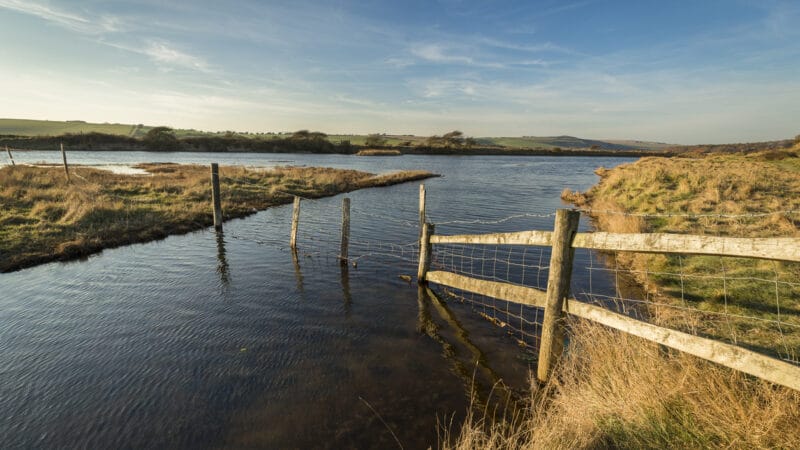When a remote meditation retreat in Auckland discovered a shooting range was setting up next door, it went to court to try and preserve its peace.
And it won – but not because of concerns about gunshots echoing across the valley.
In a case which the court called unusual, the gun club lost because the council had not been provided with sufficient information to properly conclude that the earthworks would comply with the permitted volumes.
The case
The Vipassana Foundation Charitable Trust, north of Auckland, successfully set aside a certificate of compliance authorising the Auckland Shooting Club to operate a premier shooting range at a site within 1.2km of its mediation centre.
The Court of Appeal decision follows a decision of the High Court in which Justice Whata found that Auckland Council’s decision to grant the certificate of compliance was flawed and, rather than setting the certificate aside, referred the matter back to the council for reconsideration.
In doing this, Justice Whata commented that this is “an unusual, indeed rare course” but that this is an “unusual case”.
Having reconsidered the application, the council decided to reissue the certificate of compliance to the Shooting Club.
The Trust took its case to the Court of Appeal in August 2018, arguing that there were five errors in the High Court decision.
The Court of Appeal rejected all but one of the Trust’s grounds of appeal. The successful point was on the issue of earthworks – the Court found that the council had insufficient information to properly conclude that the earthworks required to construct the range would comply with the earthworks rules.
On this, the Court of Appeal disagreed with the High Court, which had rejected the Trust’s earthworks argument and found that it was sufficient that the applicant had volunteered to comply with the earthworks limits in the plan. By contrast, the Court of Appeal found that:
- There were no plans were submitted with the application and that this should have been a red flag for the council.
- The council dealt with the application by treating it as if the earthworks would comply with the relevant rules, even though this was not what the application said. Councils cannot assume compliance with rules and certificates of compliances cannot be issued which are conditional on compliance.
With that, the Court of Appeal set aside the Shooting Club’s certificate of compliance.
Takeaway for councils
Although the Court of Appeal did not make new law on the interpretation and application of s 139 of the Resource Management Act 1991, it did confirm the 1999 decision of the Court of Appeal in Pring v Wanganui District Council that a council must be satisfied that there is compliance. The decision is clear that, before granting a certificate of compliance, a council must have sufficient information to enable it to make the appropriate comparison of the proposal with the applicable plan rules. For a council, this task is two-fold. It must first ascertain which rules apply to the proposal and then determine whether the proposal complies with the permitted activity rules. Unless or until a council has sufficient information to do this, a certificate of compliance should not be issued.
Conclusions
So, where does this leave the mediation centre and the Shooting Club?
For the Shooting Club, the Court of Appeal’s finding has significant implications. The day after the certificate was granted, the activity status of an outdoor shooting range changed as a result of decisions made on the proposed Auckland Unitary Plan. This means that, if the Shooting Club still wants to establish a shooting range on the site, it will need to apply for resource consent and it is likely that the Trust (and possibly others) would be involved in this process.
Even with this win under its belt, this is not the end of the road for the Trust. The meditation centre has applied for leave to appeal the Court of Appeal’s decision in relation to its noise argument to the Supreme Court. Watch this space!





